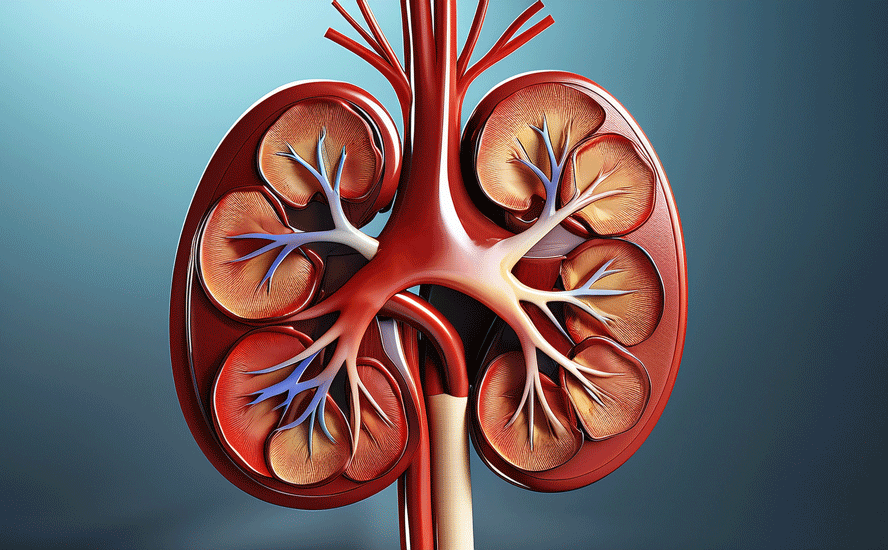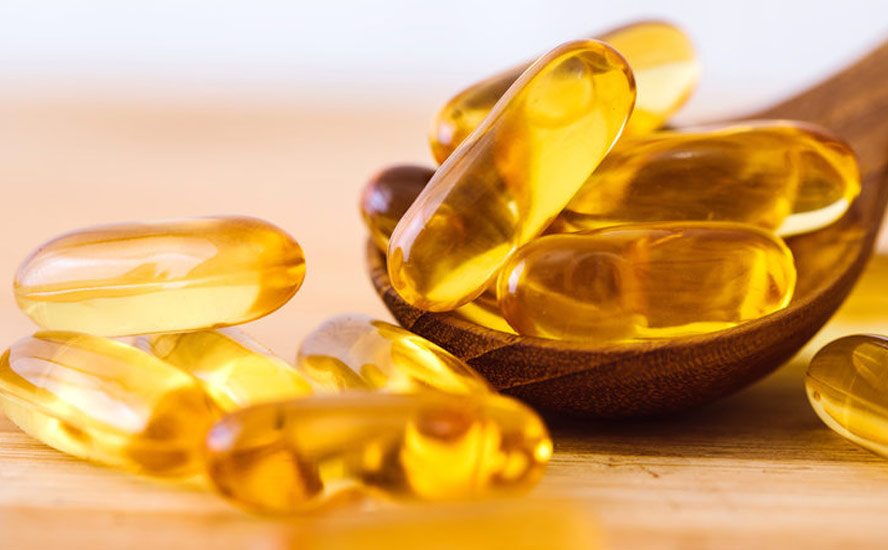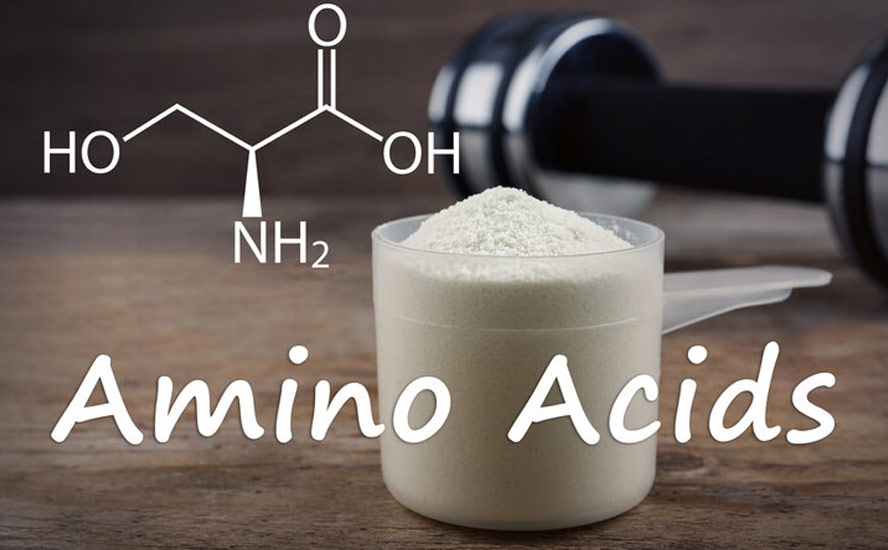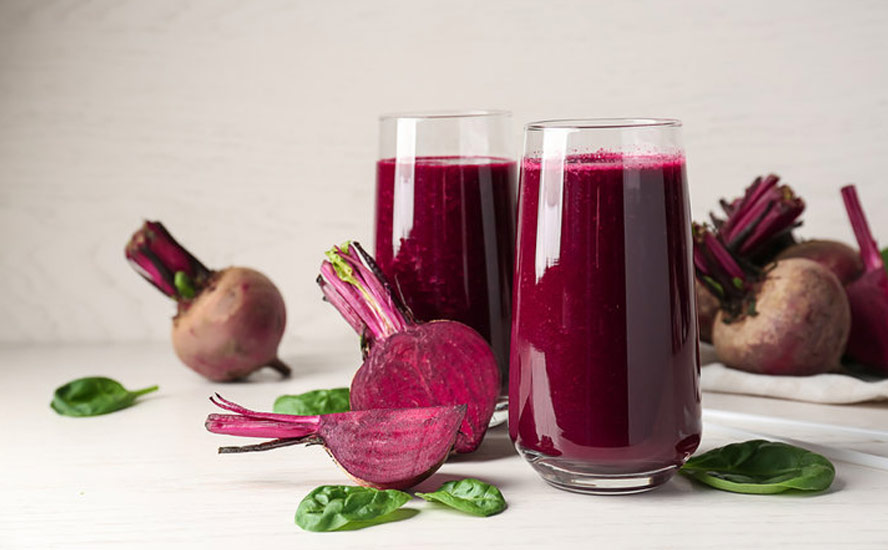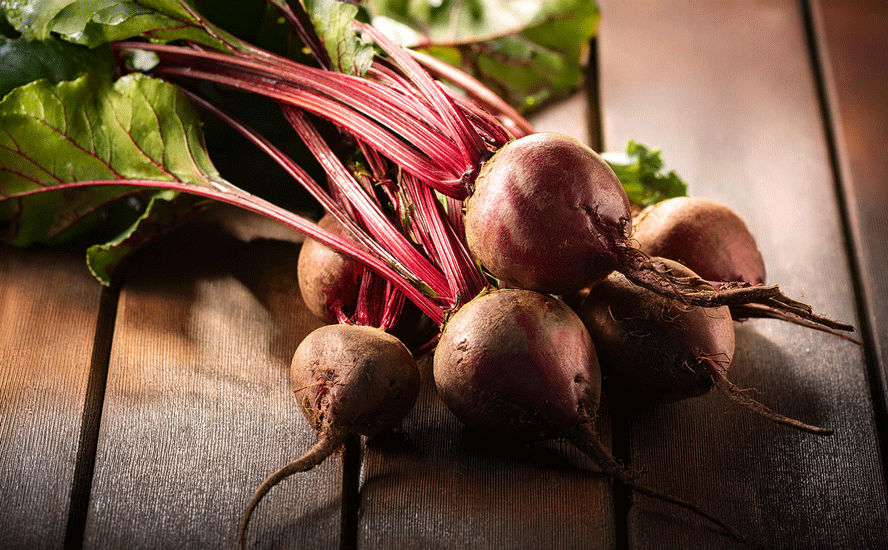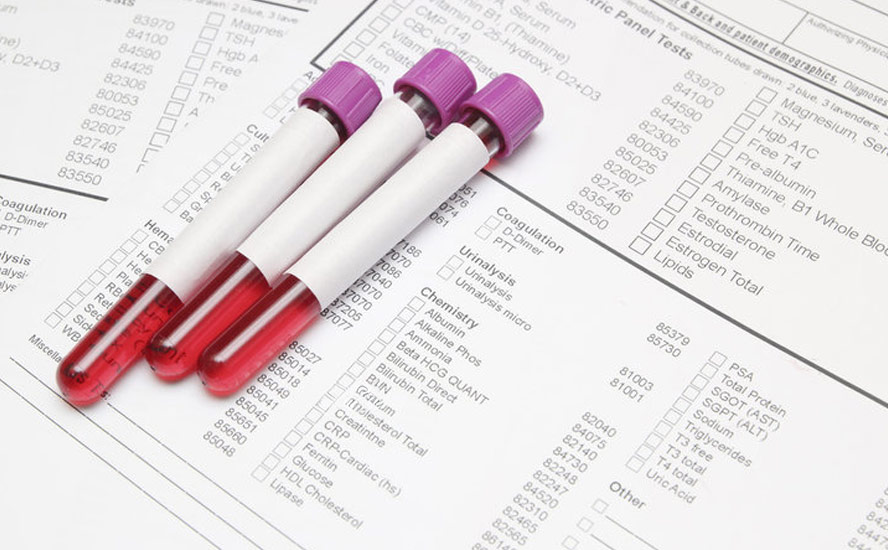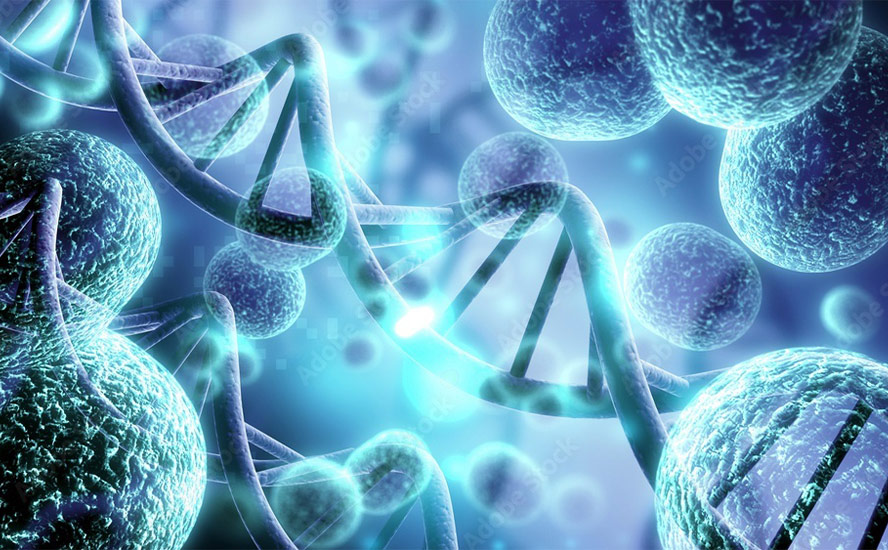Veg out on asparagus to resist cancer

2019.03.05
The health effects of “superfoods” have been touted for nearly 30 years, starting with a cookbook of the same name that appeared in bookshops in the early 1990s.
The book by Michael Van Straten, an alternative medicine practitioner, singled out fruit and vegetables, whole grains and nuts as “four-star superfoods” that build up the body to resist stress, disease and infection.
Since then the term has been used to describe any food that has disease-fighting qualities especially those like blueberries which contain antioxidants thought to fight free radicals that make us ill and age.
Last summer the Harvard Medical School published a list of “10 superfoods” that support a healthy diet: berries, high in fiber and antioxidants; fish whose omega-3 acids help prevent heart disease; dark leafy greens which are a good source of Vitamin A, C and calcium; nuts especially hazelnuts, almonds and pecans, another source of protein, plus monounsaturated fats, thought to reduce the risk of heart disease; olive oil, a good source of vitamin E, polyphenols, and monounsaturated fatty acids; whole grains, yogurt, cruciferous vegetables (eg. broccoli, cauliflower, turnips), beans and tomatoes.
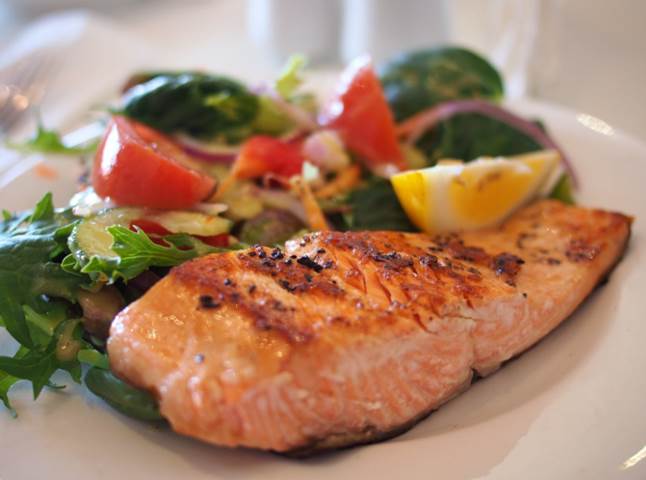
Missing from that list – which coming from Harvard should be fairly trustworthy – is asparagus. A distant cousin of the onion, asparagus originated in the eastern Mediterranean and has been eaten for over 2,000 years. The Greeks apparently consumed the spiral-tipped vegetable as an aphrodisiac; the ancient Greek doctor Hippocrates reportedly used it to treat diarrohea and pain in the urethra. Louis XIV of France was fond of asparagus and during the 17th century it was only grown for the nobility. Today green asparagus is available in North America and China, while the white variety is cultivated mostly in Europe.

Asparagus has at least five health benefits that are mostly unknown to the population at-large; asparagus has never been marketed as a “superfood”. One cup of the green veg is packed with just 40 calories, 4 grams of protein, 4 grams of fiber and 404 milligrams of potassium. The latter is good for high blood pressure along with a compound in asparagus called asparaptine.
- Full of fiber/ vitamins. Along with being high in fiber, that cup of asparagus also contains folate, chromium which helps insulin to transport glucose, and vitamins A, C, E and K.
- Contains antioxidants. Like blueberries asparagus can neutralize free radicals, slow aging and help to reduce inflammation.
- Prevents cognitive decline. Asparagus is good for the brain. Its ability to deliver folate, one of the B-vitamins needed to make red and white blood cells, helps prevent cognitive impairment. The body’s ability to absorb vitamin B12 decreases with age.
- A natural diuretic. Asparagus serves as a natural diuretic like coffee or tea. Regular urination helps to eliminate excess salts. One of the unfortunate characteristic of asparagus is its unpleasant odour in urine, which shows up about 15 minutes after consuming the vegetable. Interestingly, that ability to detect the odor is genetic, and not everyone has it. Aren’t they lucky? The reason for the strange smell is due to the body breaking asparagusic acid down into sulfur-containing compounds, according to The Smithsonian Institute. Asparagus also contains glutathione, a powerful antioxidant known for its detoxifying properties, and inulin, which helps support good bacteria in the gut.
- Helps fight cancer. This is a controversial finding – not everyone agrees according to the Internet. The claim comes from the presence of glutathione, which apart from the above beneficial properties, is also known to break down carcinogens and other harmful compounds like free radicals.
There is some scientific evidence to support the latter. According to the T. Colin Campbell Center for Nutrition Studies, which promotes “optimal nutrition through science-based education, advocacy and research,” there are publications going back as far as 1981 detailing how asparagus protects against several types of cancer (breast, liver, stomach and skin) cancer in rats. Research using human cancer cells showed that asparagus has anti-cancer effects on colon, kidney, liver, breast and bladder cancer cells.
On the other hand, the American Cancer Institute debunks the health effects of asparagus which it says “was spread on the Internet and via email” based on a “doctor’s” (presumably the quotes are due to the doctor not being an MD) 1979 journal article.

The ACI says no such article was ever published in peer-reviewed research and warns that “cancer cure” or “miracle food” claims could prevent patients from pursuing more effective treatments. Fair enough.
But at Ahead of the Herd, we always follow the money, and doing so in this case leaves the strong suspicion that cancer institutes and those companies that make products that are meant to treat cancer might arouse some skepticism, too.
Without claiming that asparagus or any other unconventional cancer treatment is friend or foe, these are the facts as outlined in a New York Times article entitled ‘Feeding the Cancer Machine’:
- US$100 billion a year is spent on detecting and treating cancer. This includes surgery, CT scans, MRIs, etc.
- Cancer drugs are in a category by themselves. Patients spend about $35 billion a year on them including chemotherapy.
- Free cancer screening by hospitals brings in new cancer patients that generate profits.
- It’s especially profitable because the majority of cancer patients are elderly and covered by Medicare, meaning the government covers the bills.
“How much of the money we spend on unnecessary or futile cancer treatment might be put to better use searching for real advances?” asks the author, Shannon Brownlee, a senior fellow at the New America Foundation, a think tank.

Good question. We’ve been trying to cure cancer for decades without any significant breakthroughs. And it seems to be getting more frequent. At the beginning of the 20th century one in 20 got cancer; now it’s one in three.
Conclusion
I would never come out and say that asparagus, or any food, is the cure for cancer. To do so would invite every Internet troll out there to set up camp on my site. But there’s enough evidence for me to decide that eating asparagus has significant health benefits, one of which may be increasing the body’s resistance to cancer.
It also makes sense that natural foods, the bounty of the earth, would help the body to fight off disease. Native peoples were collecting plants for medicinal purposes before Europeans stepped on the continent. Chinese medicine has lasted thousands of years with millions of practitioners worldwide. It is quite conceivable that the cure for cancer isn’t a drug, but something that comes from nature.
Richard (Rick) Mills
Ahead of the Herd Twitter
Ahead of the Herd FaceBook
Legal Notice / Disclaimer
This document is not and should not be construed as an offer to sell or the solicitation of an offer to purchase or subscribe for any investment. Richard Mills has based this document on information obtained from sources he believes to be reliable but which has not been independently verified. Richard Mills makes no guarantee, representation or warranty and accepts no responsibility or liability as to its accuracy or completeness. Expressions of opinion are those of Richard Mills only and are subject to change without notice. Richard Mills assumes no warranty, liability or guarantee for the current relevance, correctness or completeness of any information provided within this Report and will not be held liable for the consequence of reliance upon any opinion or statement contained herein or any omission. Furthermore, I, Richard Mills, assume no liability for any direct or indirect loss or damage or, in particular, for lost profit, which you may incur as a result of the use and existence of the information provided within this Report.
Legal Notice / Disclaimer
Ahead of the Herd newsletter, aheadoftheherd.com, hereafter known as AOTH.Please read the entire Disclaimer carefully before you use this website or read the newsletter. If you do not agree to all the AOTH/Richard Mills Disclaimer, do not access/read this website/newsletter/article, or any of its pages. By reading/using this AOTH/Richard Mills website/newsletter/article, and whether you actually read this Disclaimer, you are deemed to have accepted it.






